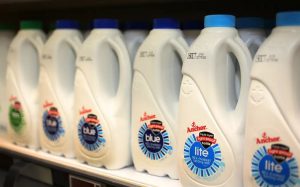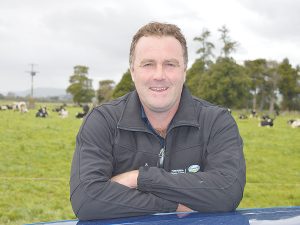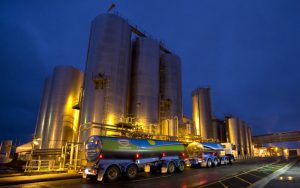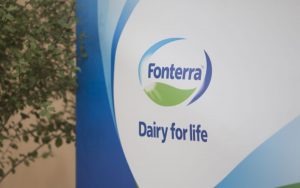
In this way, the New Zealand cooperative put on the market the property of the traditional Soprole, which had been in the hands of the dairy group for more than 30 years. In December the investment banks were defined -JP Morgan, UBS and Jarden- and now the process would go in a straight line.
What is for sale is Soprole Inversiones SA, the controlling company of Soprole and Prolesur, and which is controlled by Dairy Enterprises SA, which owns 99.85% of the shares. Dairy Enterprises, in turn, is 100% managed by Fonterra Co-Operative Group Limited, a New Zealand cooperative with more than 10,500 members, none of whom owns more than 0.2% of its capital. The 0.15% of the remaining shares of Soprole Inversiones is distributed among approximately 600 shareholders, the firm indicates on its website.
At the end of May, Fonterra gave an update on its business performance. The CEO of the company, Miles Hurrell, shed light on the sale of the dairy. “We continue to review the ownership of our Australian business and the divestment process for our Chilean business, Soprole, is underway,” he said. Hurrell added: “We are taking our time to secure the best results for both businesses and remain confident of meeting our intent to return approximately $1 billion of capital to our shareholders by fiscal 2024.”
A month earlier he had highlighted that “the process is going very well.” “Both Soprole and Fonterra Australia are doing well and our priority is to maximize the value of both businesses for our cooperative”, they underlined in their annual report.
The purpose behind that is to focus and drive Fonterra’s business in New Zealand.
And so the local process moves forward. JP Morgan has already developed a teaser for the process and, later, a descriptive memorandum that sent it to a long list of possible interested parties. After that, the bank in charge of the process must define a short list. And as is traditional in this type of process, it will be this small group that will be able to carry out a due diligence of the firm and have broader access to the company, to know its facilities and receive reports from its executives. After that, the reception of non-binding offers should begin, to finally jump to the binding proposals.
Today, Fonterra’s operation in Chile is one of the drivers of the business. During the quarterly presentation of the nine months ending in April, the parent company delved into it: “Sales volumes increase thanks to the higher collection of milk and the continued growth of our business in Chile,” they said. In Latin America, its revenues rose 10% to US$538 million. “AMENA – Africa, Middle East, Europe, North Asia, America – has continued to do well. The normalized EBIT was US$406 million, 30% more, due to the gross margins in our Ingredients channel, and the good results of our business in Chile”, they reiterated.
This in a context in which Fonterra’s sales volumes decreased as a result of lower milk collection and short-term impacts on demand due to, among other things, the closures in China, the economic crisis in Sri Lanka and the conflict between Russia and Ukraine.
Soprole’s revenues, meanwhile, grew 18% in the first quarter of 2022, reaching $153,611 million. Profits rose 103.9%, totaling $13,318 million. Such performance responded to an increase of 4.3% in sales in volume and 13.2% in value, basically driven by the consumer channel. The costs of the national company also increased 18%. This was determined by the increase in the price paid per liter of milk to producers by Soprole Inversiones, through both subsidiaries, which was 15% higher than the first quarter of the previous year.
The positive variation remains in line with the results for all of 2021, when its revenues rose 19.1% to $582 billion. The gross margin of the business amounted to $162 billion, with a jump of 30.3%.
In their conversations with investors, Fonterra executives have argued that the good performance of their Chilean business was boosted by state aid during the pandemic.
Today, Soprole, a company founded in 1949, has 31% of total sales in value of dairy end products. While the subsidiary Soprole operates an industrial complex in San Bernardo and factories of fresh and refrigerated products, UHT milk, margarines and juices and bottled waters; Prolesu has plants in Los Lagos and Osorno. In total, it has 1,813 workers.























